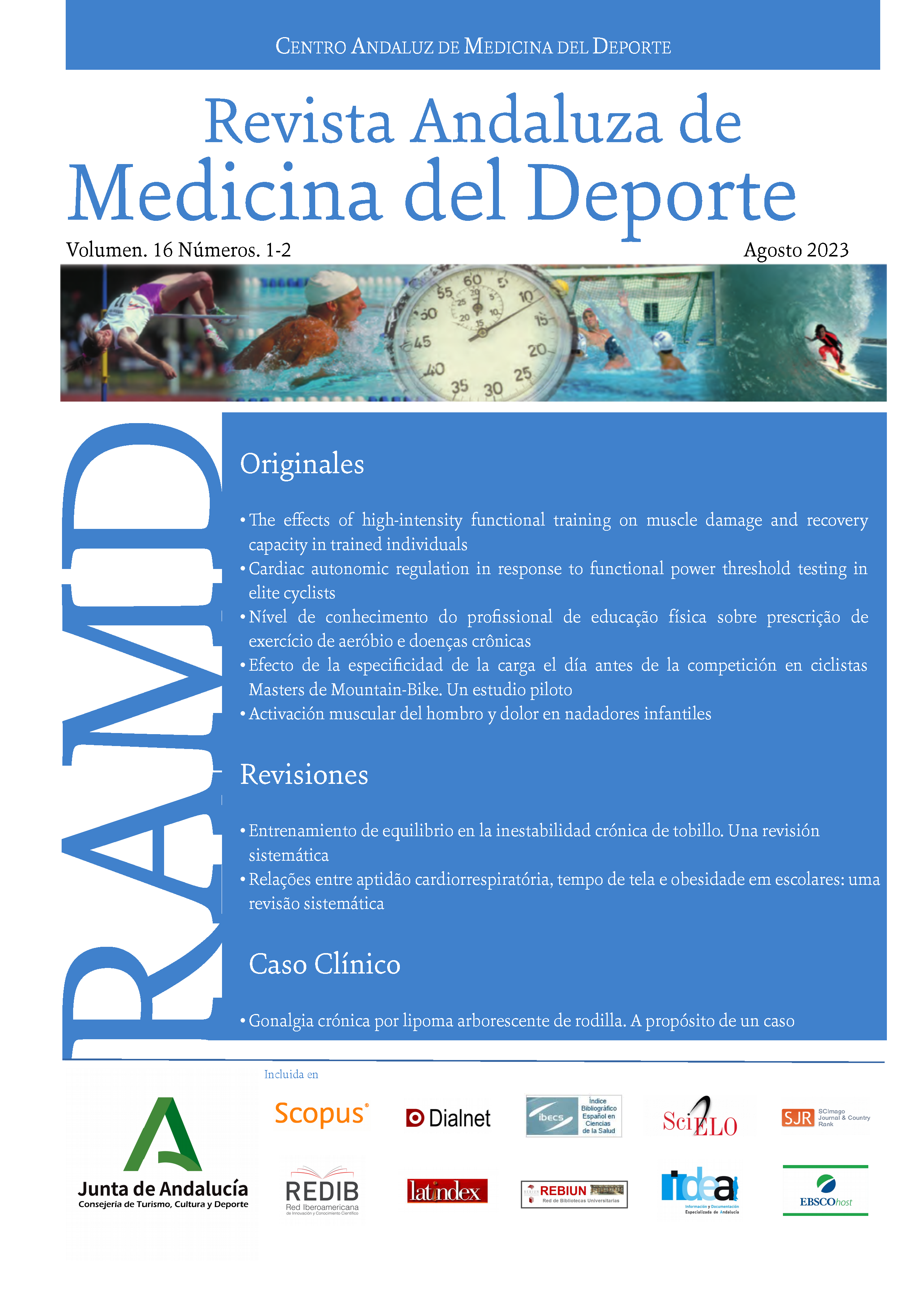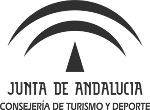Effect of load specificity on the day before competition in Mountain-Bike Masters cyclists
A pilot study
Abstract
Aim: The present study aimed to evaluate the effect of the specificity of the activation stimulus on the pre-race day on sporting performance in MTB Masters cyclists.
Methods: The present study is a prospective, longitudinal, quasi-experimental design carried out with 6 male participants (age, 44.0±6.63 years; weight, 70.7±8.32 kg; VO2 max, 60.8±9.92 ml/kg/min) who performed 3 different types of activations (0, control situation; 1, a specific on-bike situation; 2, non-specific off-bike situation performed by strength exercise with individualised loads based on the force-velocity profile). Cyclists' performance was assessed by a 5-minute all-out test at maximum intensity.
Results: The main results showed significant differences for mean cadence in situation 0 vs 2 (p=0.018, d=1.740) and mean heart rate in 0 vs 1 (p=0.002, d=3.347). In addition, efficiency (power/pulse) was found to be statistically significant between situations 0 vs 1 (p=0.05) and trending towards significance at 1 vs 2 (p=0.082). Specifically, a greater increase in HR and power output was observed in the first 120s of the test in control vs. intervened situations (p<0.05).
Conclusions: The three proposed activation situations obtained similar overall performance in all parameters measured, although the specific activation proposal appears to be beneficial for the improvement of performance in competition in MTB masters cyclists. Further research is required.


